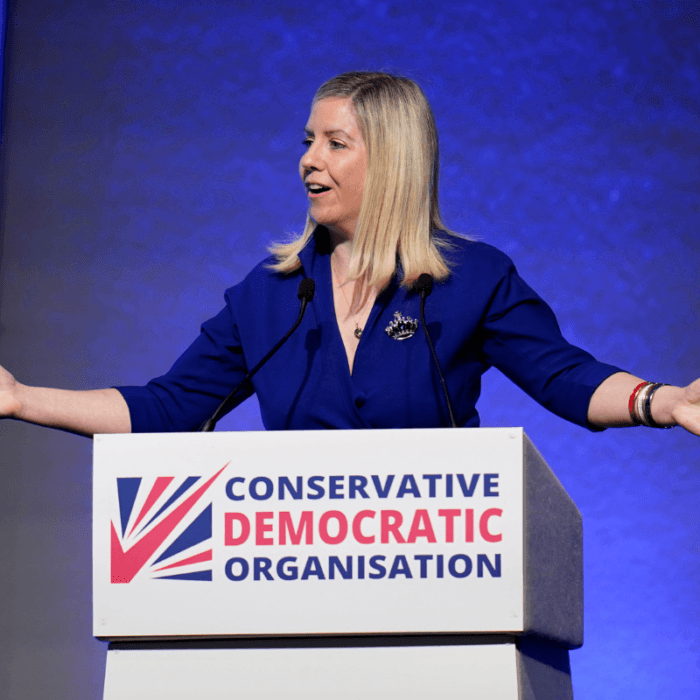BBC coverage of immigration should focus more on how it affects communities, public services, housing, and the labour market, an independent review has said.
“The biggest single topic audience research participants wanted to hear more about was the social and economic impacts of migration. That is, how migration affects public services, the labour market, housing, communities or crime.
“These topics were often the priority for people who were concerned about levels of migration, but not exclusively. Many thought positives about migration were under-reported, such as migrants’ contributions to the labour market,” Ms. Sumption wrote.
BBC Journalists ‘Anxious’ About Covering ’Difficult Topics’
Ms. Sumption’s review also explored how staff approached writing about the topic of immigration. She found some journalists were “sometimes anxious” about tackling a subject “they felt could appear hostile to migrants,” such as reports on immigration fraud or “local concerns about migration.”The Migration Observatory chief found that some BBC journalists said that some stories felt “more risky” to cover, “particularly if the topics could appear unsympathetic to migrants or migration,” Ms. Sumption said. She detailed that one BBC journalist said that if a piece of news “was seen as ‘not a nice story’ it was less likely to be promoted across other BBC outlets or reposted on social media.”
Some journalists had also “shied away” from stories where immigration was having a “negative impact on communities,” such as in areas where hotels in the heart of local business communities were taken over to house asylum seekers.
One BBC journalist told Ms. Sumption: “One of the problems is we all want to seem like we’re nice, caring people and it is far easier to care for things in the context of migration, in terms of people coming in, and not necessarily caring in terms of the communities in which they have an impact.”
Sceptical Views on Immigration Represented ‘Superficially’
On diversity of opinion on migration, Ms. Sumption wrote that while sceptical views on migration were “represented frequently,” on news and current affairs items, they were often covered “superficially” and “did not always fully explain why and how migration can bring challenges.”The reviewer observed that sceptical viewpoints “drew primarily from politicians and commentators” in contrast with discussions led by those with largely pro-immigration views who tend to have “on the ground expertise” and therefore offer more detailed analysis.
“The challenge for the BBC is that many of the people with on-the-ground knowledge of migration issues also hold liberal views. They include many immigration lawyers, charity representatives and academics, among others,” Ms. Sumption said, advising the BBC to “work harder” to find a range of experts who can fully unpack the challenges that immigration brings.

Sir Nicholas said he has asked BBC Director-General Tim Davie and the executive “to ensure all actions suggested in the review are implemented.”
The BBC has endorsed six key pointed formulated by Ms. Sumption which the broadcaster said it will expect all its journalists to consider when working on immigration stories, including that reports should “represent the full range of opinion, not just the strongest views” and that sceptical views on immigration are fully explained.







